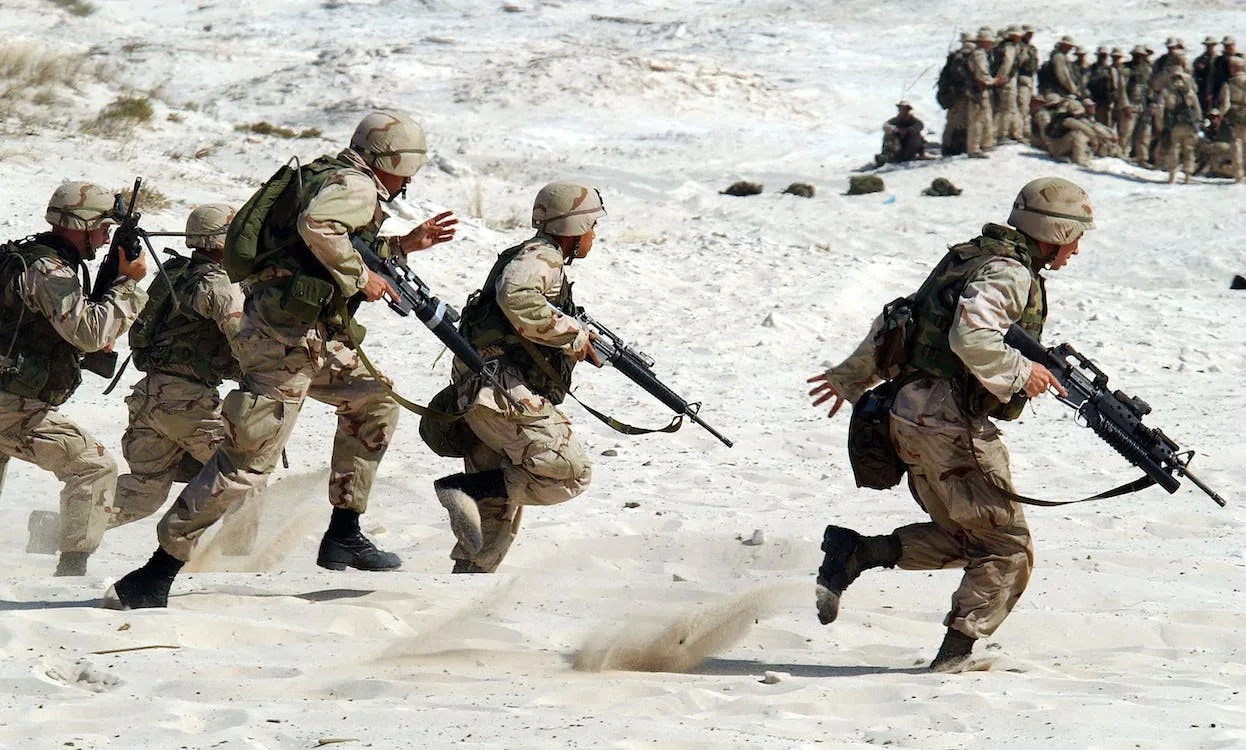Military Laws in America: A Brief Overview
Image source: Pexels.com
If you’re wondering how the U.S. military operates under the law, this blog post is for you. I’m going to explain what military laws are, why we need them, how they are enforced, and how they differ from civilian laws.
What are military laws?
Military laws are the rules and regulations that apply to the members of the armed forces. They are also called the Uniform Code of Military Justice (UCMJ), which is a federal law passed by Congress in 1951. The UCMJ covers both criminal and non-criminal offenses, such as desertion, insubordination, mutiny, treason, espionage, murder, rape, assault, theft, fraud, and more.
Why do we need military laws?
Military laws are needed to maintain order and discipline in the military ranks. They also protect the rights and interests of the service members and their families. Military laws reflect the special nature and demands of military service, which often require a higher standard of conduct and a stricter enforcement of rules than civilian life. Military laws also ensure that the military follows the Constitution and international law.
How are military laws enforced?
Military laws are enforced by a system of courts-martial, which are military courts that have authority over service members who violate the UCMJ. There are three types of courts-martial: summary, special, and general. The type of court-martial depends on the seriousness of the offense and the rank of the accused. A court-martial consists of a military judge and a panel of members (similar to a jury) who decide the verdict and sentence. The accused has the right to legal counsel, to present evidence and witnesses, and to appeal the decision.
How do military laws differ from civilian laws?
Military laws differ from civilian laws in several ways. Some of the main differences are:
- Military laws apply to service members at all times, whether they are on or off duty, in or out of uniform, in or out of the country.
- Military laws have some offenses that are unique to the military context, such as absence without leave (AWOL), failure to obey orders, disrespect to superiors, wearing unauthorized insignia, etc.
- Military laws have different rules of evidence and procedure than civilian courts. For example, hearsay evidence is generally admissible in courts-martial, and there is no statute of limitations for most offenses.
- Military laws have different punishments than civilian courts. For example, courts-martial can impose penalties such as reduction in rank, forfeiture of pay, confinement, dishonorable discharge, death penalty, etc.
Conclusion
Military laws in America are an important part of our legal system that regulate the behavior and accountability of our service members. They are designed to uphold the values and mission of our armed forces while respecting their rights and dignity.





0